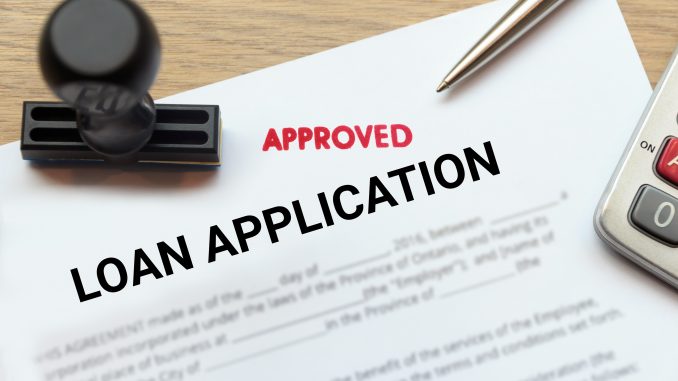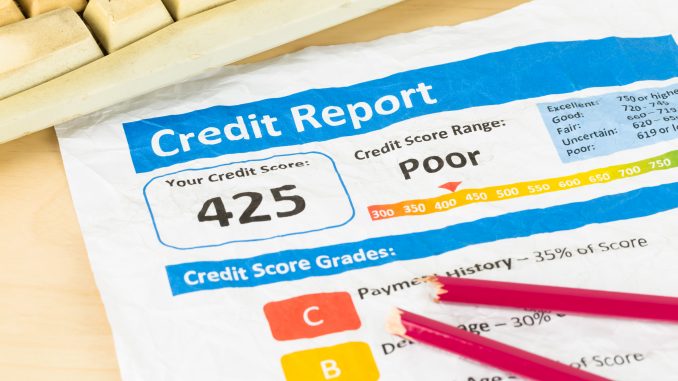
You may be considered a high risk client if you have a poor credit record either due to financial problems or trying to build up credit as a first timer but you can still access loans if you follow the following tips.

1. Use your home as collateral
If your property holds credible equity, you can access a loan with a low interest rate which is tax-deductible. If you have a stable source of income and have commitment to settle the loan, this is a very affordable way of accessing capital and your credit score does not come into play. The only risk with this is losing your home if you are unable to service the loan. You need to compare several banks before settling for one to ensure you get the best (lowest) interest rates.
2. Borrow from credit unions
 The principle of credit unions is just like in banks, but they belong to people who share a common interest, like colleagues, neighbours. The money for lending is a collective contribution by members of the credit unions and the interest rates charged are usually lower than the banks and the customer service is excellent.
The principle of credit unions is just like in banks, but they belong to people who share a common interest, like colleagues, neighbours. The money for lending is a collective contribution by members of the credit unions and the interest rates charged are usually lower than the banks and the customer service is excellent.
3. Use peer to peer
P2P is an online lending platform that has existed since 2005 which allows you to borrow from individuals as opposed to institutions. This structured method turns out as a win-win for the borrower and the lender in that the interest rate is low for the borrower but still higher for the investor/lender.
You submit your loan application on the platform, indicating the amount and reason for the loan and the investors/lenders evaluate your credit records and they will select the person who meets their standards. The advantage with this is that even with a poor credit record, the individual lender may be more compassionate that a regular bank.
4. Borrow from friends and family
 Try asking your close friends and family to lend you money who will probably give you a very low interest rate, or even none at all. You on the other hand should treat this loan as you would from a financial institution. Even with friends and family, draw up an agreement indicating the terms of payment, interest rates and any collateral if necessary and possible repercussions if you defraud.
Try asking your close friends and family to lend you money who will probably give you a very low interest rate, or even none at all. You on the other hand should treat this loan as you would from a financial institution. Even with friends and family, draw up an agreement indicating the terms of payment, interest rates and any collateral if necessary and possible repercussions if you defraud.
5. Look for a loan guarantor
Your family or friends may not have liquid cash to lend you, but might have a better credit record that could be accepted as a co-sign in your loan application. You will need to reach out to someone who knows you very well and trusts your ability to service the co-signed loan.
Keep in mind that this person is handing over their credit to you in that if you do not pay the loan, the bank will recover their money from them. Their credit score is also affected by your payment record, such that if you default, make late payments it will all reflect in their credit record.